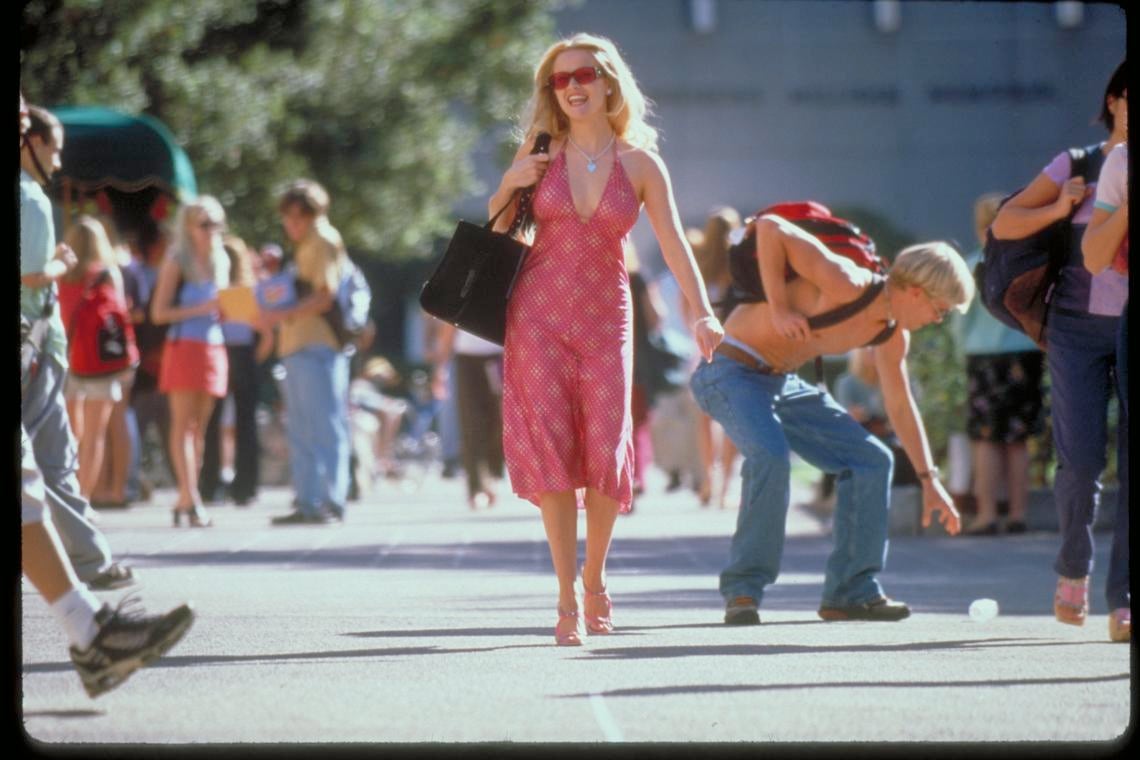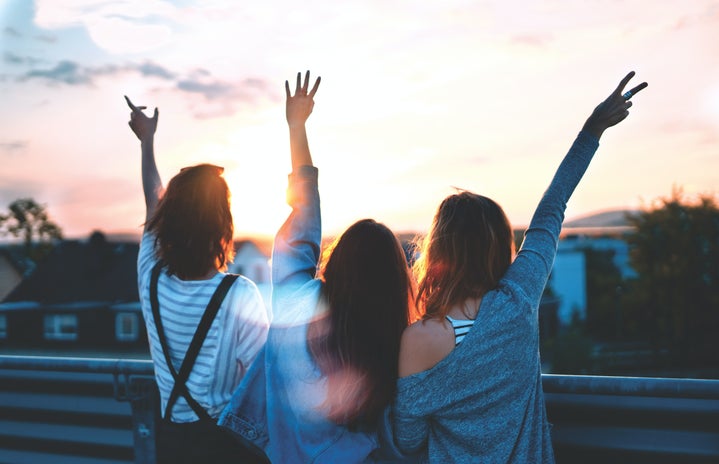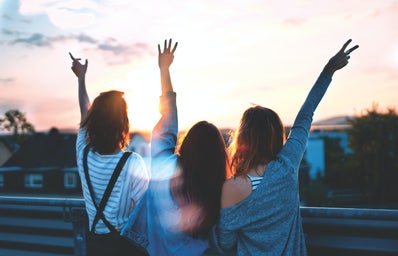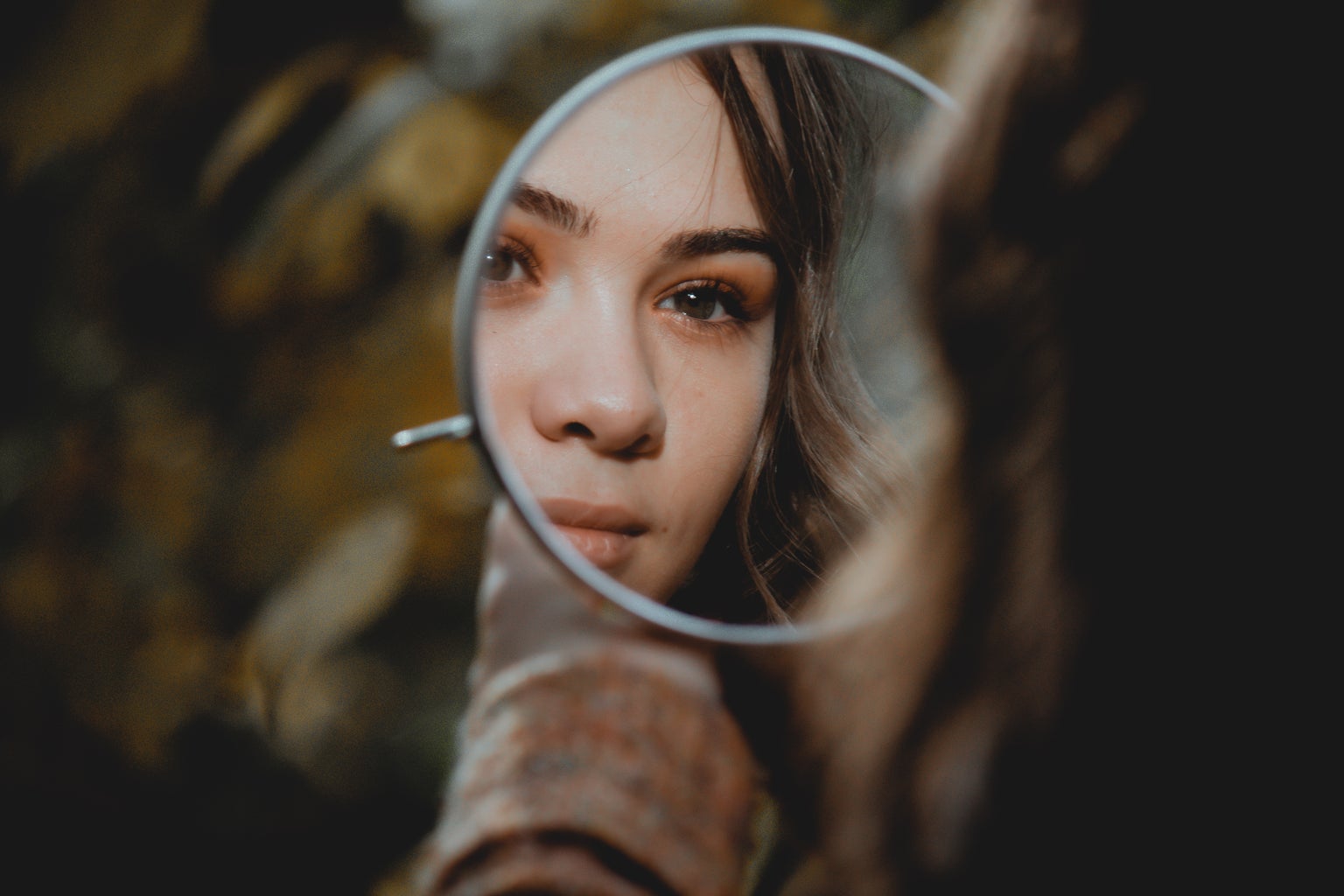Dancing in the rain, late-night adventures and waking up early to see the sunrise have all been classified as having main character energy. Countless Tik Toks where the creators appear happy and content all amass comment sections of people praise them for being the main character. It is taken for granted that Gen Z generally knows what it means when someone calls them the main character, but what does this actually imply? It is also worthy to explore the trend itself: why has becoming “the main character” on social media gained so much traction, and what does this reveal about how our generation wishes to be seen?

Firstly, to understand what being the main character is we can draw ideas from the term’s synonym of the protagonist. The protagonist is the individual in fiction who is driving the plot forward, whose ideas and values filter the world in which we comprehend a story. Their perceptions not only give us a sense of the setting and action, but are important for us to imagine the other, side characters, which in online spaces has been deemed as the antonym of the main character, and is often used as an insult. In Michael Karson’s analysis of the matter, he contends that “we react with anger when we are subordinated to a minor role. Of course, we are capable of cheerfully fulfilling a minor role in any particular scene, but we balk at the message that our overall life is a minor one.”
This definition still does not offer much of an explanation as to why being the main character has received momentum on social media. After all, there is a wide range of different protagonists that have told stories and arguably there are some that people would not want to relate to. So, what are the attributes that Gen Z prescribe that their main characters have? Judging from the immense amount of Tik Toks I have watched on the subject, there are some commonalities: the main character is spontaneous, interesting, unique, adventurous and, it is worth mentioning, good-looking. The latter characteristic is remarkably true of main characters in movies and tv-shows: it should not be a surprise that actors and actresses have been accused of benefitting from pretty privilege. This, too, is accurate of content creators. Some have argued that the For You Page on Tik Tok utilizes an algorithm that prioritizes those that confine to Eurocentric beauty standards.
I believe this could be correlated to the main character trend. While the main character is the girl twirling in a thunderstorm not caring if her hair gets wet, her hair also remains effortlessly in place despite the weather. The main character wakes up to see the sunrise, but not on a day where the sun is overcast by clouds so she can happily take aesthetically pleasing images. Sometimes, while the comment section may be populated with comments declaring that a video of friends has main character energy, there’ll be some snide responses saying that the group of girls would have bullied them in high school. While I’d argue it is a bit facetious to project your adolescent trauma online to some teenagers who wanted to take pictures in their Jeep at the beach, it does demonstrate the limitations to what people believe constitutes a main character.
There is also another factor here that may infringe upon the main character energy of creators: the fact that these moments, which are supposed to be moments of spontaneity and joy, are being recorded and often edited. It is not enough to merely create memories with friends that can be reflected on, but that these moments must be published in order to gain the public’s approval that you were, indeed, the main character. Nothing is wrong with using social media as a way of documenting good times, but creating memories for the sake of displaying the main character aura to your followers is a bit strange and, dare I say, not very main character energy. Wouldn’t the main character be so entranced and in love with their life that they would forget their phone is in their pocket, or even leave it at home? This, of course, does not account for the fact that the goal of being the main character is a product of the online world. Social media used to be a mere reflection of events occurring outside of it, but thanks to its expansive effect on online communities, our external lives are now helped constructed by trends we see on a screen.
Before concluding the article, I should preface that I do not look down upon those who want to embark on midnight drives and blast music to make Tik Toks. As social media can cause individuals to retrieve into themselves and isolate themselves from their friends, I have to admire a trend that implores people to go out with their loved ones and aim to create cinematic moments. Note that, however, not everything has to be captured on a phone to be remembered, and that it is rather more enjoyable to be fully engrossed in a lively moment than wonder how those on social media would perceive you in the confines of a trend.




